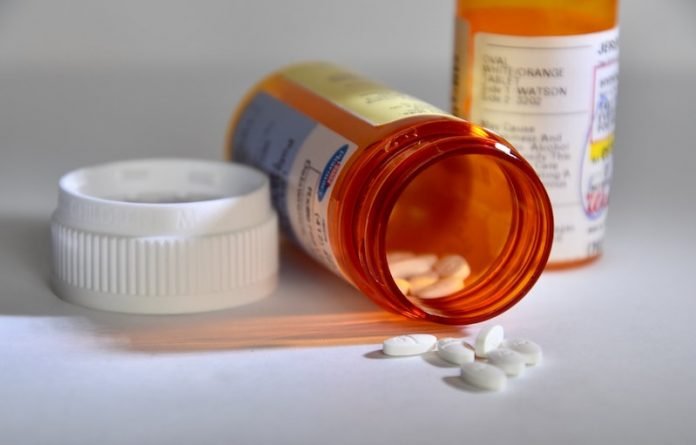
Scientists from McMaster University found a potential mechanism explaining why some people who take drugs to lower their cholesterol develop sore, aching muscles.
The research was conducted by Thomas Hawke et al.
The use of statin drugs to lower cholesterol, and ultimately reduce the risk of cardiovascular disease, has become widespread.
Previous studies suggest that nearly half of Americans and a quarter of Canadians are receiving or are eligible for statin treatment.
Unfortunately, a very common side-effect of statin use is the development of muscle pain.
In fact, muscle pain is the primary reason why people stop taking their statin medication without their physician’s permission.
In the study, the team found muscle cells treated with statins released the amino acid called glutamate at much higher levels than muscle cells that were untreated.
As glutamate is a potent activator of muscle pain receptors, this release was proposed to trigger the sensation of muscle pain.
The team says that statins were able to enter the muscle cells and cause oxidative stress.
This resulted in the muscle trying to increase its production of antioxidants to combat this stress. The side-effect of this antioxidant production was the release of glutamate out of the muscle cells.
The team also found that administering some well-known antioxidants, such as Vitamin E, were successful in helping reduce glutamate release.
The researchers is now expanding their studies to determine further compounds that could be used in conjunction with a person’s statin prescription to reduce the burden of muscle pain resulting from this drug.
If you care about pain, please read studies about flower that could advance the treatment of chronic pain, and this pain reliever linked to hip fracture in old people.
For more information about pain, please see recent studies about how to reduce post-surgical pain without opioids, and results showing this pain medicine for headache could help reduce high blood pressure.
Copyright © 2022 Knowridge Science Report. All rights reserved.



